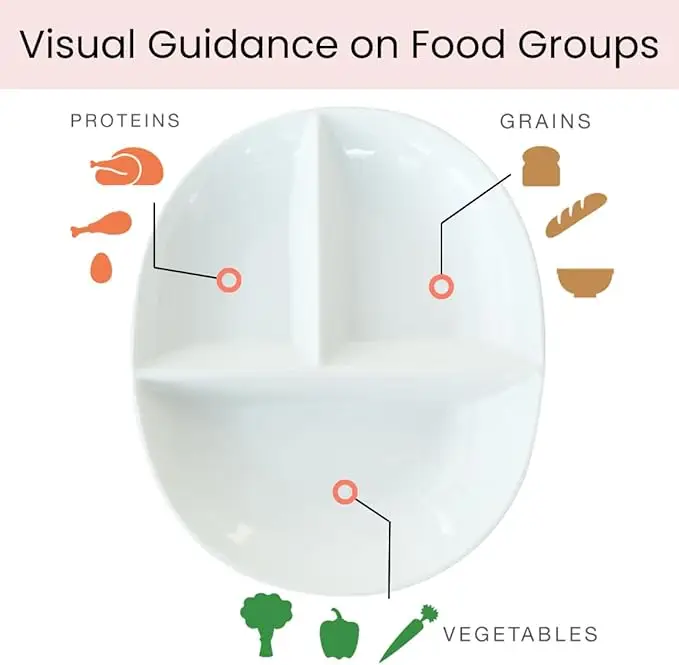Physical Address
304 North Cardinal St.
Dorchester Center, MA 02124
Did you know that a well-balanced eating plan can reduce the risk of chronic diseases by up to 30%? This significant statistic highlights the importance of adopting a balanced eating habit in our daily lives.
A nutrition-rich lifestyle is not just about cutting out certain foods, but it’s about embracing a holistic approach to clean eating. By focusing on whole foods and a variety of nutrients, individuals can experience a significant improvement in their overall well-being.

By making informed choices about our nutrition plans, we can take control of our health and pave the way for a healthy lifestyle. In this article, we will explore practical tips and strategies for achieving a balanced and nutritious way of eating.

Understanding the fundamentals of a healthy diet is essential for making informed choices that support overall wellness. A healthy diet is not just about consuming food; it’s about nourishing the body with the right balance of nutrients.
To achieve this balance, it’s crucial to comprehend the components of a balanced diet and how they contribute to overall health.
A balanced diet includes a variety of foods from all food groups in the right proportions. It is rich in nutrient-dense foods such as fruits, vegetables, whole grains, lean proteins, and healthy fats. The dietary guidelines recommend limiting intake of saturated and trans fats, sodium, and added sugars.
The body requires a range of essential nutrients to function properly. These include vitamins, minerals, protein, healthy fats, and carbohydrates. Each of these nutrients plays a vital role in maintaining bodily functions, from energy production to immune function.
“The food you eat can either be the safest and most powerful form of medicine or the slowest form of poison.” – Ann Wigmore
Diet has a profound impact on both physical and mental health. A diet rich in whole foods can help prevent chronic diseases such as heart disease, diabetes, and certain cancers. Moreover, there is a significant link between diet and mental health, with research suggesting that a healthy diet can help reduce the risk of mental health disorders.
| Dietary Component | Impact on Health |
| Fruits and Vegetables | Rich in vitamins, minerals, and antioxidants, supporting overall health and reducing disease risk. |
| Whole Grains | Provides fiber, vitamins, and minerals, supporting heart health and digestive function. |
| Lean Proteins | Essential for muscle repair, growth, and maintaining a healthy metabolism. |
By understanding and applying the principles of a balanced diet, individuals can take a significant step towards achieving holistic health and well-being.
Adopting a healthy diet is a journey that begins with simple, achievable changes to your daily eating habits. By focusing on practical steps, you can transform your nutritional intake and enhance your overall well-being.
Incorporating nutrient-dense foods into your meals is crucial for a healthy diet. These foods provide essential vitamins, minerals, and energy. To start, focus on adding a variety of:
For example, you can enhance your breakfast by adding berries to your oatmeal or spinach to your scrambled eggs. Healthy meal prep ideas can also help, such as preparing a week’s worth of overnight oats or a salad jar with lean protein.
Effective meal planning is key to maintaining a healthy diet. It involves planning your meals around low-carb dinner recipes and ensuring you have the necessary ingredients on hand. Here are some fitness tips to get you started:
By dedicating a few hours on the weekend to meal prep, you can ensure that you have healthy meals ready throughout the week, making it easier to stick to your diet.
Maintaining sustainable eating habits is crucial for effective weight management. This involves making long-term changes rather than seeking quick fixes. Focus on:
By adopting these habits, you can achieve a healthy lifestyle that supports your weight loss goals and overall well-being.
Implementing these practical steps can lead to significant improvements in your diet and overall health. By incorporating nutrient-dense foods, planning your meals, and maintaining sustainable eating habits, you can achieve a balanced and healthy diet.
Embracing a healthy diet is a significant step towards achieving overall wellness. By understanding the importance of a balanced diet and incorporating nutrient-dense foods into your meals, you can enhance your physical and mental health. Practicing self-care and utilizing stress relief techniques, such as mindfulness exercises for beginners, can further support your wellness journey.
Adopting holistic health practices, including natural remedies and the benefits of meditation daily, can help you maintain a healthy lifestyle. For women over 40, considering top supplements can be beneficial. Learning how to stay healthy while working from home is also crucial in today’s lifestyle.
Starting your wellness journey can be challenging, but with a clear understanding of how to begin, you can set yourself up for success. By making healthy eating a habit and combining it with regular mindfulness practices, you can achieve a balanced and healthy lifestyle.




